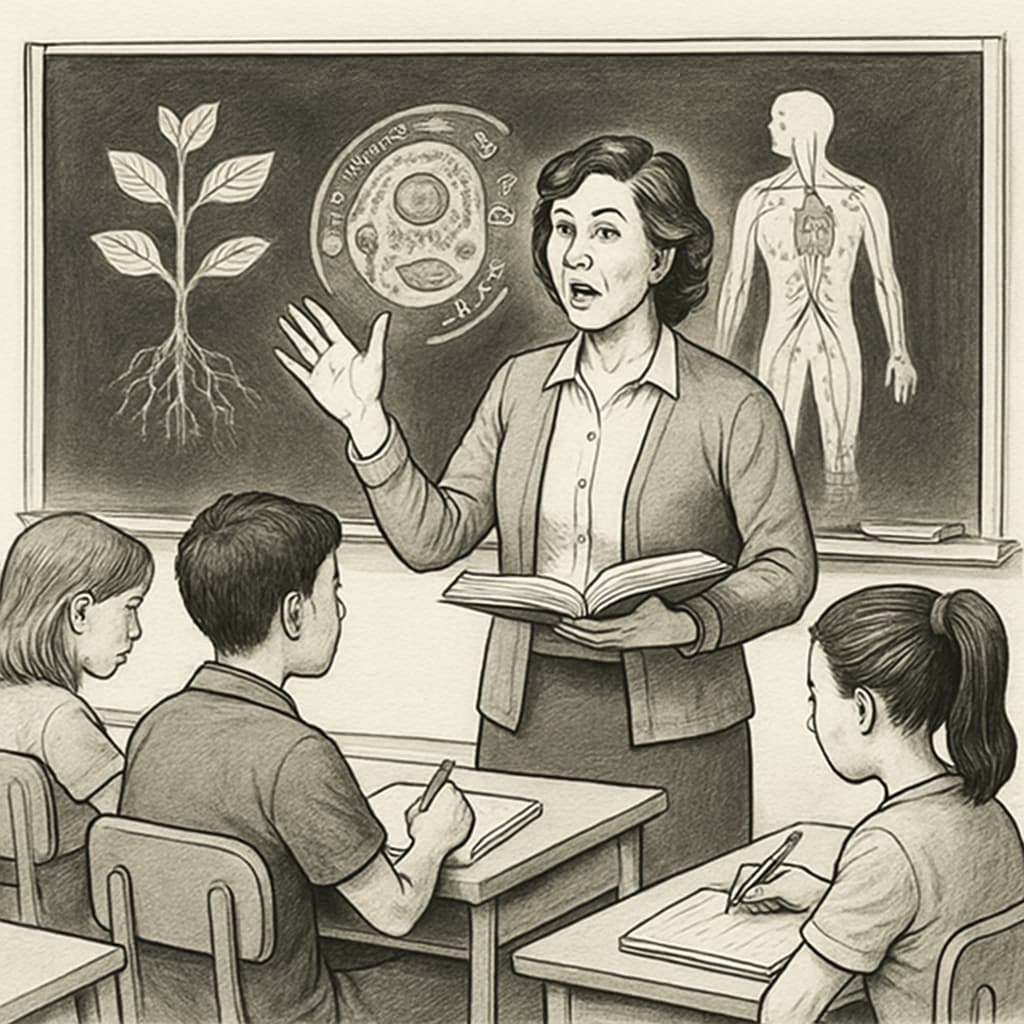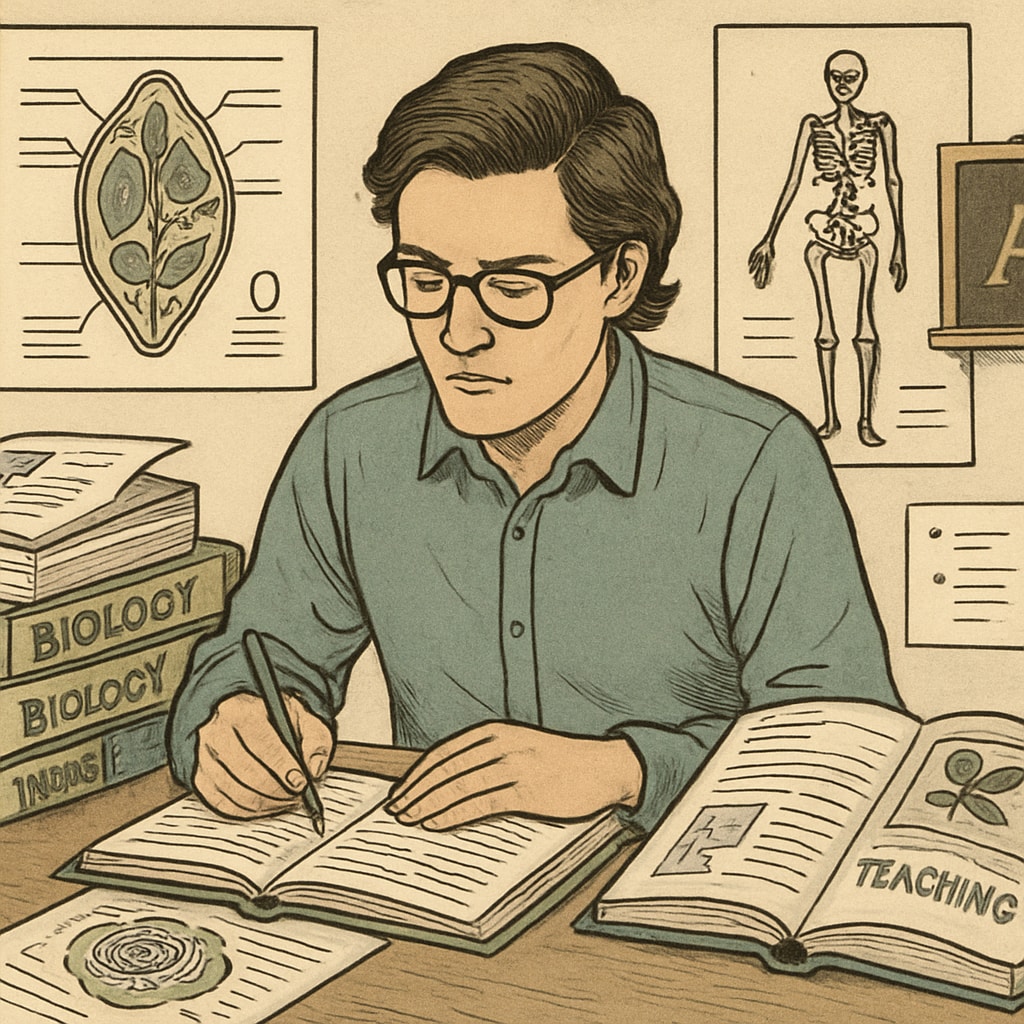For biology majors considering a change in career direction, the transition from laboratory to classroom offers both exciting opportunities and unique challenges. By pursuing an education master’s degree, these professionals can seamlessly integrate their scientific expertise into the dynamic world of teaching. This article examines the feasibility of such a career switch, discusses the value of interdisciplinary backgrounds in K-12 education, and provides actionable strategies to navigate the shift effectively.
Why Transitioning to Education is a Logical Step for Biology Majors
Biology majors are uniquely positioned to make significant contributions to education, particularly in the STEM (Science, Technology, Engineering, and Mathematics) fields. Their in-depth knowledge of life sciences, coupled with analytical and research skills honed in the laboratory, equips them to inspire young minds in K-12 classrooms.
Moreover, the demand for qualified STEM educators continues to grow globally. According to a report by Britannica, there is a critical shortage of educators who can effectively teach STEM subjects, particularly in underserved areas. By transitioning to education, biology graduates can address this gap while enjoying a fulfilling and impactful career.

Advantages of Interdisciplinary Expertise in K-12 Education
One of the most significant benefits of having a biology background as an educator is the ability to offer real-world applications of scientific concepts. For example, a biology-trained teacher can enrich lessons with firsthand experiences from laboratory research, helping students understand the practical relevance of what they learn. This approach not only enhances student engagement but also fosters critical thinking and problem-solving skills.
Additionally, interdisciplinary expertise allows biology majors to integrate cross-curricular themes into their teaching. For instance, they can connect biological topics like ecosystems or genetics to societal issues such as climate change or public health. This holistic perspective enriches the learning experience and prepares students for complex, real-world challenges.
Steps to Transition from Biology to Education
While the transition from a biology career to education may seem daunting at first, the process can be streamlined with a clear action plan. Here are some practical steps:
- Obtain an Education Master’s Degree: Pursuing a master’s degree in education is often the most straightforward path to obtaining teaching credentials. Many programs offer specializations in STEM education, ensuring biology graduates can leverage their expertise effectively.
- Gain Teaching Experience: Volunteering or working as a teaching assistant provides valuable classroom experience. It also helps build confidence and refine teaching skills.
- Obtain Certification: Depending on the country or state, teaching certification may be required. Research the specific requirements and prepare for any necessary exams.
- Network with Educators: Connecting with professionals in the education field can provide insights, mentorship, and job opportunities. Consider joining organizations like the National Science Teachers Association (NSTA).
- Develop Soft Skills: Effective communication, patience, and adaptability are key skills for educators. Workshops and professional development courses can help strengthen these areas.

Challenges and Solutions in the Career Switch
While the transition to education offers numerous benefits, it is not without its challenges. One common concern is the steep learning curve associated with pedagogy and classroom management. However, education master’s programs are designed to address these areas, providing both theoretical knowledge and practical teaching experience.
Another challenge is the potential financial strain of pursuing additional qualifications. Scholarships, grants, and teacher loan forgiveness programs can help alleviate these concerns. For example, many governments offer incentives for STEM educators willing to work in high-need areas.
Conclusion: A Fulfilling Path Forward
The transition from biology to education is not just feasible—it is also a highly rewarding career choice. By obtaining an education master’s degree and leveraging their scientific expertise, biology majors can play a pivotal role in shaping the next generation of innovators and problem-solvers. With careful planning and dedication, this career shift can lead to profound personal fulfillment and a lasting impact on students’ lives.
As the demand for STEM educators continues to grow, now is the perfect time for biology graduates to explore this meaningful and impactful career path. Whether in a bustling urban school or a quiet rural district, the classroom awaits those ready to inspire the scientists of tomorrow.
Readability guidance: This article uses short paragraphs, clear transitions, and actionable advice to ensure accessibility. Key points are summarized using lists, and academic terms are explained for broader understanding.


